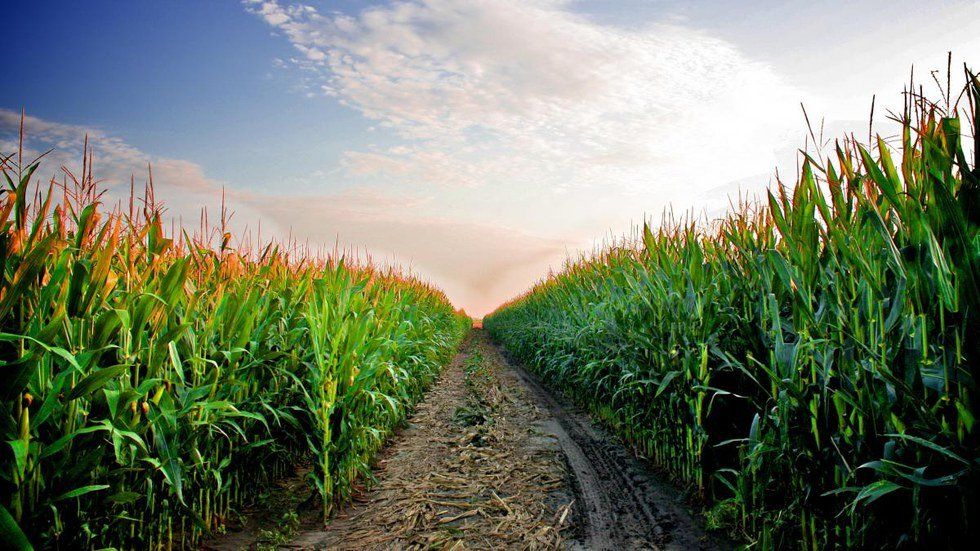Agriculture is the most important industry on the planet. Of course, I'm a little biased since agriculture is my major, but besides medicine, no other industry can compete. Agriculture nourishes our bodies, cares for the soil we walk on, and grows plants that supply oxygen to living beings. Rewind back to the early 1900's and even before that. Just about every family worked day and night to provide food on the table. Young boys and their fathers tended to the livestock, cultivated the land, and grew the crops they ate year round. Women tended to house keeping, laundry, collected eggs from the chicken coop, and fixed meals for their families. Today, the number of people who grow their own crops (even in a garden) has dropped tremendously. Fewer people are truly educated on the agriculture industry and the common practices that are being used to grow the food that is placed on the table at the end of the day. Because of that, agriculture should not just be an elective choice for high schoolers, but it should be part of the core curriculum.
As more family farms diminish and more people begin to use the grocery store instead of raising their own food, the disconnect between the farmer and the consumer will continue to grow. Consumers have become leery of the practices modern farmers use today to produce livestock, crops, and even milk. I truly believe this weariness comes from the disconnect early in life as to where our food truly comes from. Of course there will always be activist groups such as PETA and anti-GMO groups, but we can get around the propaganda these groups create by educating our youth with the truth, starting in the classroom.
Introduction To Agriculture is the very first class that a freshman takes in high school if they enroll in an agriculture class. In this class, they learn the basics of farming, such as pig and cattle breeds, what a GMO is, and other basic modern agriculture practices. I believe that this class should be mandatory for ALL high school freshman in the respect that each student learn the basics of how the food on their table is produced, rather than just believe it comes from the grocery store. It is vitally important that we educate our children and generations to come on this topic before it is too late. With the disconnect that has already been created between the producer and the consumer, I believe that as more time lapses, the disconnect will continue to worsen. We must stop this problem before it gets so bad that consumers are completely turned on our modern American farmer.
As a young agriculturist, I am inspired to help educate the public on the truth behind today's farming practices. I am inspired to push modern farming on the consumer, educate with facts, and help get agriculture back in the classroom.





















